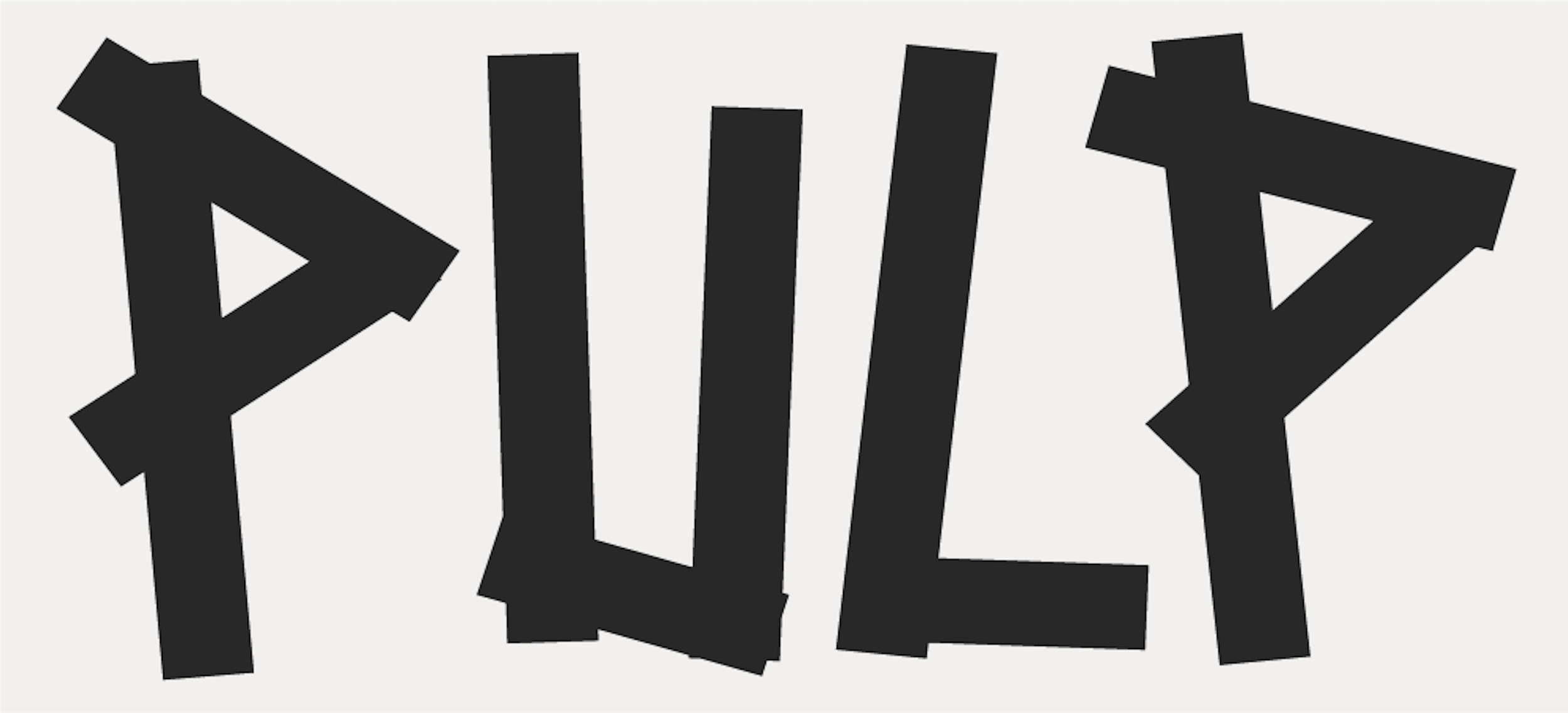Ben Law talks yum-cha, USyd and being Gaysian
WORDS BY CHRISTINA GUO
Benjamin Law describes himself in his Twitter profile as: ‘Writer, raconteur & local homosexual’. He doesn’t mention that by ‘writer’, he writes anything. From anthropology journalism exploring the difficulties faced by Asian LGBT people in ‘Gaysia’ (he’s really bad at puns), to a TMI barrage of vagina talk from his mum in ‘The Family Law’.
If we’re going to use a buzzword like ‘personal brand’, perhaps his is that he doesn’t quite have one, or perhaps it’s that he unapologetically owns all of his identities. Also, his Twitter game is on point.
It doesn’t matter if you were actually a skinny Asian boy struggling with stilted Cantonese in the 1980s; many of the themes he explores in his writing - the difficulties of finding your place in a world determined to pigeonhole you, the hallmarks of an Aussie upbringing, and all the adventures, fighting, and fierce devotion that accompanies the word ‘family’ - are unmistakably universal and sometimes painfully, sometimes brilliantly relatable.
After asking Ben some fun questions on camera and really confusing him with a request to laugh without smiling, I spoke with him about writing and representation at the intersection between being Queer and Asian.
Q: When you were doing research amongst the Asian LGBT* community for your book ‘Gaysia’, did you encounter any parallels or differences between the attitudes of communities in Asia and the immigrant community in Australia?
A: Yeah, they’re very, very parallel. Not to make huge generalisations, but I think the pressure to marry is a huge thing that’s present in Asian cultures and something that Asian kids feel. I think the other thing is your obligations to your family and especially to your parents; that sense of filial piety that is literally quite a foreign concept to a lot of non-Asian people as well. I think if you’re Chinese-Australian, or you’re Filipino-Australian and Malaysian- Australian, I think a lot of your culture is from your family and their roots.
Q: Have you encountered unique obstacles that immigrant kids or children from that background encounter in trying to communicate with their family about LGBT* issues?
A: My parents are probably a little bit open minded in their own way; I think Dad wanted to be an artist at one stage, Mum is a pretty open-minded generally and riles against tradition a lot of the time. But seeing my cousins, whether they’re Australian or Hong Kong and their sexuality being the huge, huge deal at the centre of the relationship with their parents, that’s not something that’s going to go away. I grew up in Queensland. Homosexuality was illegal there until 1990. That wasn’t that long ago, many parents still struggle to accept their child’s sexuality when they come out as queer. The problem with a lot of Asian backgrounds is that lack of conversation. That lack of vocabulary is a huge challenge for a lot of families.
Q: Do you have any advice for kids facing family pressures to do certain degrees, who are interested in the creative or media industry?
A: If we’re talking about the media, I think it’s pretty amazing that we’ve got a lot of faces on Australian screens that we definitely didn’t have growing up. When I was growing up, there was Elizabeth Chong on Good Morning Australia, there was Lee Lin Chin on SBS News and Cindy Pan on Sex Life. Now, with Adam Liaw on TV, with Ronnie Chiang and Lawrence Leung as comedians, there’s a lot of Asian-Australian writers. I think that’s really, really important. The way I know that is that people tell me and my fellow Asian-Australians who work in the media that they’re really relieved because, for a really long time, their faces weren’t on screen. I think if you’re an actor, the odds are probably still stacked against you because our television landscape is still quite monocultural but, at the same time, we’re seeing those faces emerge on screen. Hopefully something like The Family Law has done its bit in terms of putting Asian-Australian faces at the centre of the screen.
Q: On that topic, could you share your thoughts on the importance of representation and why it’s important to see people of your race on screen?
A: Yeah, there’s a really good quote by Pulitzer Prize winner, Junot Diaz that goes:
"You know, vampires have no reflections in a mirror? There's this idea that monsters don't have reflections in a mirror. And what I've always thought isn't that monsters don't have reflections in a mirror. It's that if you want to make a human being into a monster, deny them, at the cultural level, any reflection of themselves.“
And it’s true. It goes for two ways with me – not seeing any representation of queer people on television that wasn’t outrageously camp or one-dimensional, I think that’s really damaging. You don’t know what you could possibly be besides a one-dimensional joke. Similarly, seeing an absence of non-white faces in general, you don’t really feel like you’re legitimate within your broader society. And even more broadly speaking, when you’re not exploring images of your country and the social makeup of how it actually is, that’s not a really great exercise in terms of showing your face to world either.
Here, I asked Ben some silly questions on camera but got nothing less than advice I will carry with me for the rest of my life:



